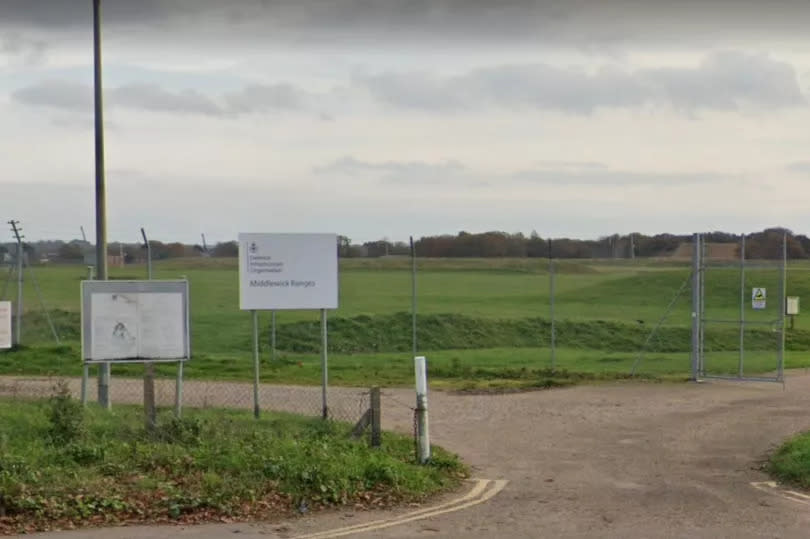'Serious concerns' raised over plans to build homes on wildlife and beauty spot in Essex

"Serious concerns” have been raised by campaigners and a leading bird charity about possible plans to build about 1,000 homes on a Colchester beauty spot. Colchester City Council is considering the development at Middlewick Ranges as a possible site for new homes, under its local plan.
At a meeting of the Colchester City Council local plan committee, on Monday, June 17, two furious residents and a representative from the RSPB raised concerns about the impact of any possible development on wildlife, particularly nightingales.
Speaking to the committee, resident, Richard Martin, said: “You have hopefully seen the front page of the Essex County Standard and received the email headlined findings Colchester is premier site for Nightingales. This should be a source of pride and celebration for Colchester, instead, it’s the most threatened site for this red-listed species in the country.”
Read more: Plans for new road to Canvey Island after council gets £20m cash boost
Read more: The Essex town that always decides who will be next Prime Minister
Mr Martin told the committee the site supports part of the second-largest population of the bird species in Britain. Fellow resident William Jolliffe told the meeting that it would be a “serious crime" to build on the beauty spot and that he doesn’t know anyone in Colchester who supports the development at the site.
The local plan, which is yet to be agreed, is set to see 18,774 homes built across Colchester by 2041. The identification of Middlewick Ranges for potential development has been largely controversial with a protest outside the town hall in February.
Joseph Beale, conservation officer for Essex and Kent at the RSPB said: “The RSPB would like to express our serious concerns for the important population of nightingales at Middlewick Ranges. Nightingales are red-listed birds of conservation concern, they have suffered a devastating 48 per cent UK population decrease between 1995 and 2020.
“There’s an umbrella organisation, a group of environmental non-governmental organisations, including the RSPB, Bug Life, bus fly conservation, Essex Field Club and others, and all are deeply concerned about the possible loss of this site to development, and we consider that it’s enough to justify its protection.”
Sandra Scott, place strategy manager at Colchester City Council, said: “In relation to all the information that’s referred to on nightingales, I can confirm that this has been received by officers at the council and it has been shared with the ecologists carrying out the survey on behalf of the council.
"It must be acknowledged that at this stage the surveys are limited to botanical and invertebrate species as advised by Natural England.
"But all of the information, the sightings and recordings we see from credible experts will continue to be shared with the ecologists, both now and in the future for any further work that is commissioned to support further considerations going forward.”

 Yahoo News
Yahoo News 
